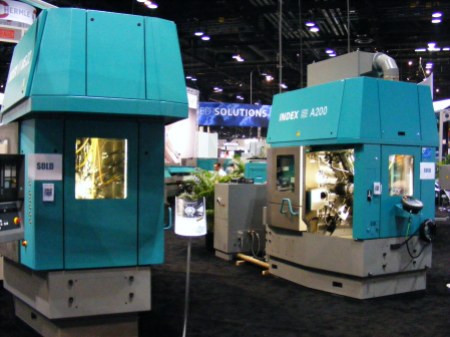Part Time Employment in a low paying field does not have to be your destiny. Mortgaging your future to enormous student loan debt that may or may not assure you a job capable of paying off the loans does not have to be your destiny either. Getting skills at a local community college can help you by pass the low paying part time underemployment that most Americans face today.
Last week we wrote about the growing spectre of part time employment displacing full time positions.
Today, University of Maryland Professor Peter Morici says “These days, new college graduates often work at unpaid internships while taking part-time jobs at places like Starbucks to meet minimal living expenses.”
“Since January, 936,000 additional Americans report working part-time, while only 27,000 more say they have obtained full time positions. The shift to part-time workers, partially a reaction to Obama Care health insurance mandates, puts downward pressure on wages and benefits in low paying industries, like retailing and restaurants, and widens income inequality.”
Morici’s point is that this is not a temporary problem- Expectations of permanently slower growth are hardening disturbing changes in the structure of the labor market and social conditions.
Manufacturing provides a respite from these problems for people with skills.
Our PMPA Business Trends Report shows half of our member company respondents scheduling overtime.
Regularly scheduled overtime is a far cry from part time underemployment.
The Economics and Statistics Division of the Department of Commerce just published a report Earnings of New Hires In Manufacturing.
- New hires in manufacturing enjoy an earnings premium relative to other new hires. This premium peaked during the recession but has returned to near its pre-recession average. At the end of 2011, the manufacturing earnings premium for new hires stood at about 38 percent.
- At the end of 2011, the ratio of new hire earnings to incumbent earnings was about 8 percentage points higher in manufacturing than in other industries.
- Over time, the earnings of new hires relative to incumbents have been consistently higher in manufacturing. From 2000 to 2011, the earnings of new hires were about 70 percent of incumbents’ earnings in manufacturing, compared to an average of 60 percent in other industries.
- Since the recession began, real average earnings for new hires in manufacturing grew 3.5 percent, while earnings of incumbents in manufacturing grew about 2.4 percent. Over the same time, real earnings for hires in other industries were flat, and earnings for incumbents in other industries declined.
Part Time Employment in a low paying field does not have to be your destiny. Mortgaging your future to enormous student loan debt that may or may not assure you a job capable of paying off the loans does not have to be your destiny either.
Getting skills at a local community college can help you find a fulltime position in advanced manufacturing where you can grow a career and get employer assistance with tuition and continue your education.
Who wants one size fits thinking all when it results in debt and underemployment for most?


